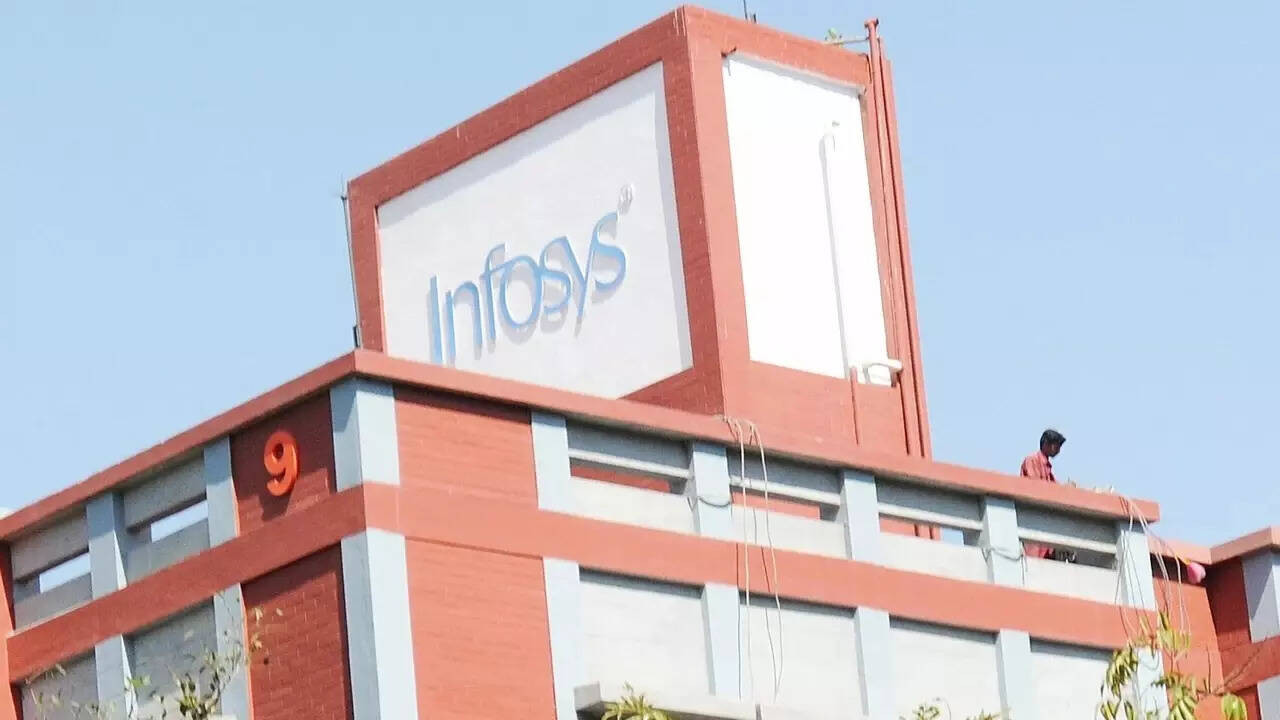Infosys has adjusted its evening bus schedule from its Electronic City facility in Bengaluru, effective September 1, to address employee concerns about lengthy commutes impacting productivity and client interactions with US counterparts.
Bengaluru Traffic: Infosys Rethinks Employee Transport Amid US Call Conflicts
Bengaluru. The name conjures images of vibrant tech parks, innovative startups, and a dynamic workforce. It also conjures something else entirely: soul-crushing traffic. The city’s infamous congestion has now prompted Infosys, a major IT player, to reschedule its employee bus services. But why? The reason highlights a growing pain point for India’s tech industry: the collision of global work schedules and local realities.
The problem, as reported, isn’t just about delays in getting to and from the office. It’s about the timing of those delays coinciding directly with critical US-based client calls. Imagine the scenario: An employee, stuck in bumper-to-bumper traffic for an hour longer than anticipated, finally arrives home flustered, only to immediately jump onto a vital conference call with a major client. Not exactly conducive to a productive conversation, is it?
This isn’t some abstract concern. It reflects a very real tension faced by countless tech professionals in Bengaluru and other Indian cities servicing global markets. The pressure to be “always on,” catering to different time zones, is immense. Bengaluru traffic exacerbates this pressure, turning a manageable challenge into a potential crisis.

The rescheduling of Infosys’ bus service, while a tactical move, suggests a larger strategic consideration. It demonstrates an awareness of the need to support employees’ well-being and performance by mitigating external stressors. It is, in effect, acknowledging the impact of Bengaluru traffic on its operational efficiency and client relationships.
The initial reports suggest that Infosys has adjusted bus timings to allow employees sufficient buffer time, especially those working on US shifts. This seemingly small change could potentially have a significant positive impact, reducing stress levels, improving punctuality, and ultimately contributing to better client service. But is this a long-term solution?
Perhaps not. While Infosys’ proactive approach is commendable, it also raises questions about the sustainability of relying solely on internal adjustments. Bengaluru’s infrastructure clearly struggles to keep pace with its rapid economic growth. As more companies establish operations and the city’s population continues to swell, the traffic situation is unlikely to improve without systemic interventions.
This situation puts pressure on policymakers and urban planners to find innovative and effective solutions. Investment in public transportation, improved road infrastructure, and promotion of remote work options are all crucial steps. It also necessitates a collaborative approach, involving both public and private sectors, to address this complex challenge. Perhaps more companies will consider offering flexible schedules or encouraging remote work where possible. (Read more about [remote work best practices here](internal-link-to-remote-work-article)).
The broader implication of the Infosys situation speaks to the globalized nature of work and the importance of considering the local context. Multinational companies need to be mindful of the unique challenges faced by their employees in different locations. A “one-size-fits-all” approach simply won’t cut it.
Companies must proactively address these logistical challenges to maintain a competitive advantage. This might involve investing in employee support programs, advocating for infrastructure improvements, or even rethinking traditional work models. Failing to do so risks not only employee burnout but also potential damage to client relationships and overall business performance. Bengaluru’s traffic is more than just a local annoyance; it’s a global business issue.
Ultimately, Infosys’ decision to reschedule its bus service serves as a reminder that even the most successful companies aren’t immune to the realities of daily life. To continue thriving in the global marketplace, adaptability and a willingness to address local challenges are crucial. The congestion in Bengaluru highlights the need for holistic solutions that consider both business needs and the well-being of the workforce.







